Bulgaria, the European Union, the 21st century, the year is 2025. More than 260,000 people in the country, at the end of August, do not have drinking water or are experiencing rolling water supply cuts.
The most poignant example is Pleven in Northern Bulgaria where more than 100,000 are suffering from water shortages. But this regional city is far from the only one with this problem – according to data of the Ministry of Regional Development and Public Works there exist water supply problems in 85 out of the total of 266 municipalities in the country. 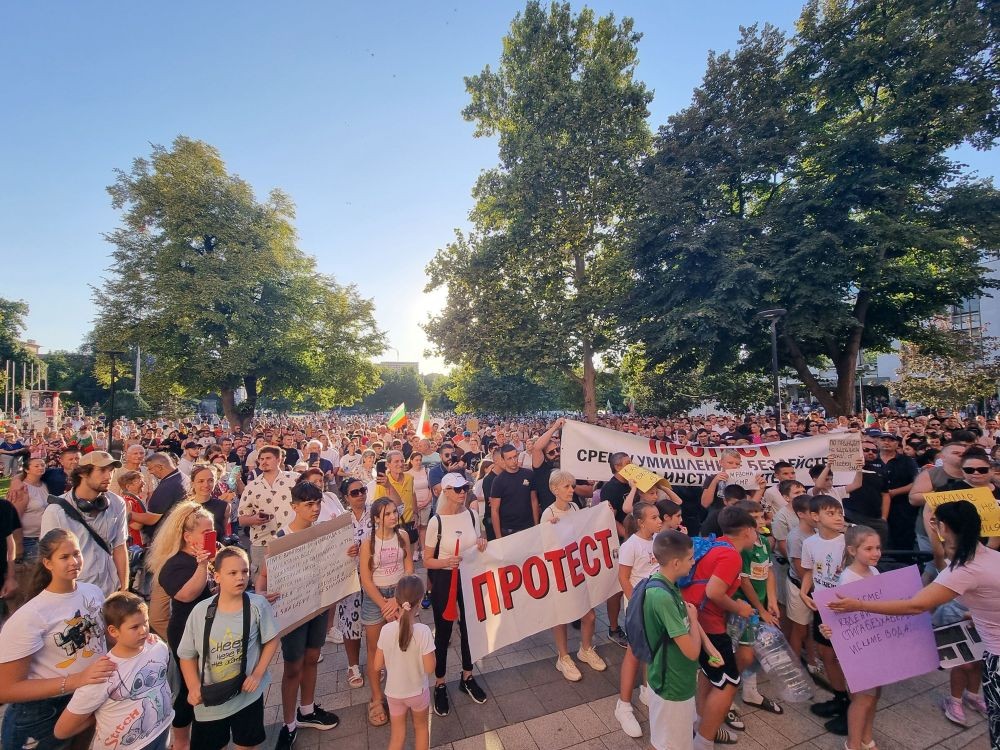
The problem has understandably triggered protests by the people living in Pleven, with some members of parliament cutting their summer beak short to convene an extraordinary meeting of the parliamentary environment committee to look into the problem. The executive also responded – PM Rosen Zhelyazkov first gave a two-week deadline to the institutions in charge to improve coordination so as to resolve the water crisis and then gave the regional governor in Pleven “a yellow card”.
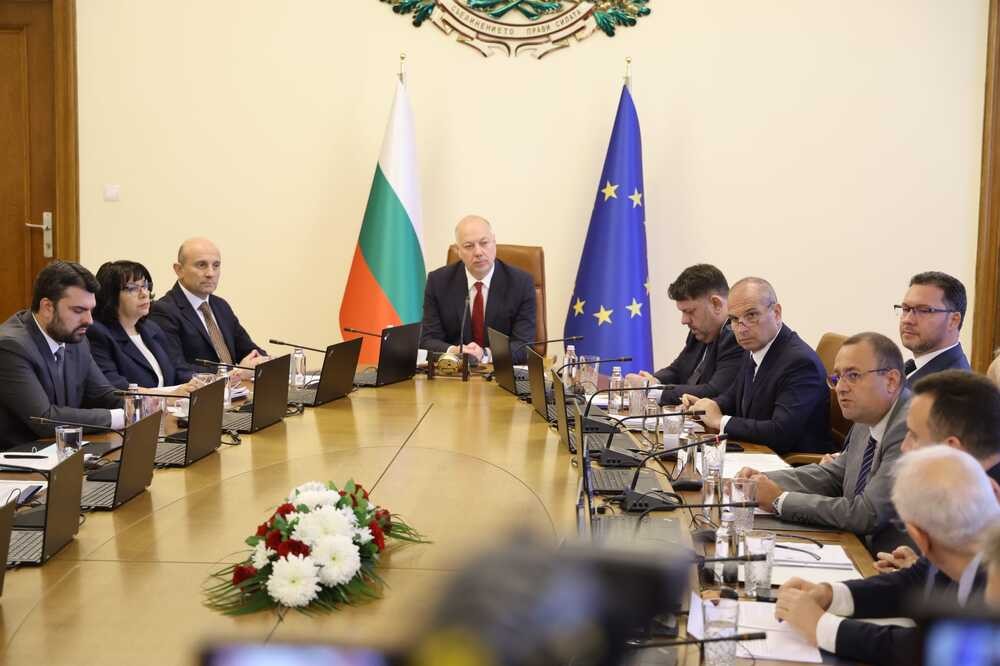
At its meeting on 27 August, the cabinet announced that the schedule of measures for coping with the city’s water shortage problem is ready. It was later posted to the website of the Ministry of Regional Development and Public Works, and includes 21 measures – short, mid, and long-term. The short-term measures include: inspection and zoning of the city’s water supply and sewerage system, new surveys, ascertaining where there are illegal connections, replacing water pipes.
In the mid-term, the measures include reconstruction of 6 pumping stations, 12 reservoirs, 6 kilometres of water pipes and 234 plumbing deviations to buildings under the operational programme Environment. And in the long-term – the construction of Cherni Osum dam. And seeing as all of these measures take time, the authorities have promised to provide water trucks at key points in the city and nearby settlements in the municipality.
Where is the root of the problem which has been recurring year after year in this country, and how can it be addressed?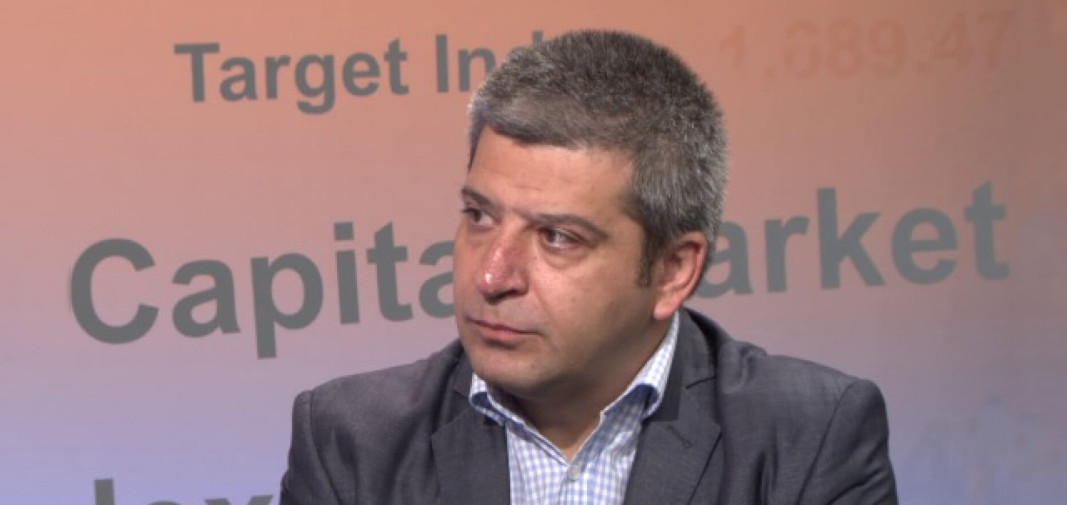
“The roots of the problem are in climate change and the increasingly longer dry periods which deprive us of some water sources which have functioned through the years without fail,” explains engineer Ivan Ivanov, chairman of the Bulgarian Water Association, and goes on to describe the colossal water loss in the water supply systems as “abnormal. “The average for the country is 60%. We are just squandering this water, and some of it is used by people who are not registered as consumers and it is therefore accounted for as water loss.”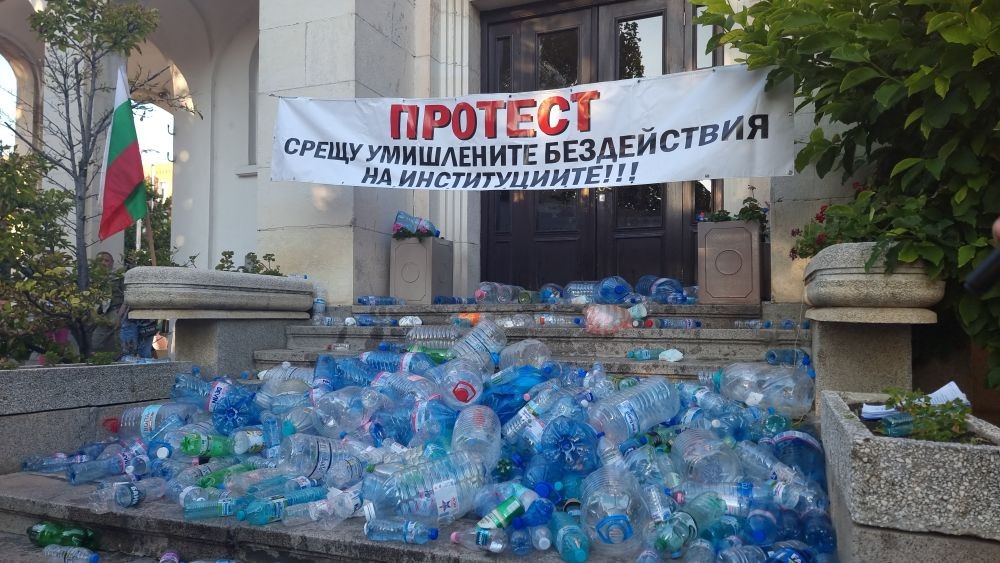
Lowering water loss in the supply system is the state’s prime task, engineer Ivanov says but adds:
“Even if losses are cut down that would not guarantee there will not be periods when there will be water shortages. Alternative water sources must be sought, big and not so big cities should have an alternative supply, that is a normal European practice.”
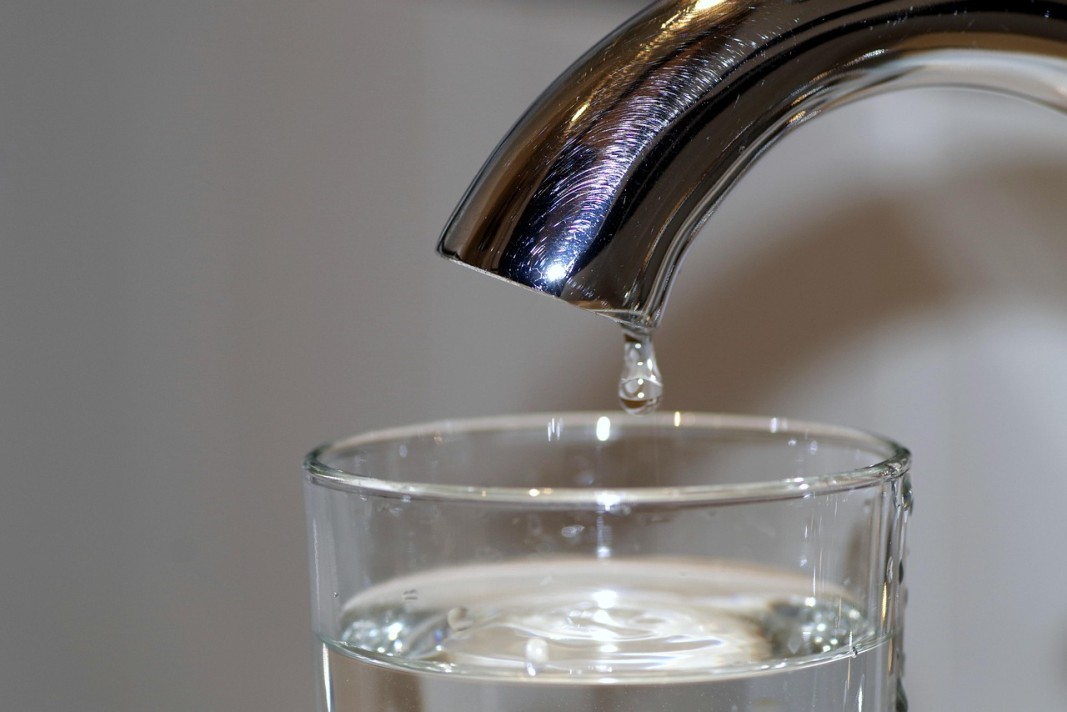
The reason why the water supply system in Pleven is in such a sorry state is prosaic – taking a look back through the years, one condition for European financing is for there to be a consolidated water supply and sewerage provider for any given region. Though a regional city, this is a condition that has not been met in Pleven – there is a separate company in another town in the same region – Knezha. However, now we are on the cusp of getting something done. But the question here is – why is it that most of the 130 million was given to Knezha, money earmarked to be invested under European funds. I suppose there is a political solution as well, seeing as Knezha has agreed to give up its water supply and sewerage operator,” engineer Ivanov explains.
There are several strategic solutions to Pleven’s water problem, engineer Ivanov says – construction of Cherni Osum water reservoir or bringing water in from the River Danube.
At the same time, restoring non-functional water dams in the region is also being considered, though, as is the tradition, everyone seems to be waiting for the rain to come to once again solve the problem – at least temporarily. Until that time, people in Pleven have a drinking water supply of about 6 hours a day.
Translated and posted by Milena Daynova
Photos: BGNES, BTA, Council of Ministers, Pixabay, Bulgarian Water Association
The first museum of investment gold is welcoming visitors in Plovdiv who want to learn more about the history of money and its connection to gold – from the birth of gold, its cosmic origin, and its journey to Earth, to how this precious metal has..
The diplomas from the 11th master class in radio journalism of the Bulgarian National Radio – BNR Academy were awarded at a solemn ceremony on November 14. The lectures and practical classes in modern forms of radio journalism build on the professional..
Italy investigates claims of hunting of people in Sarajevo in the 1990s The prosecutor's office in Milan has launched an investigation into shocking reports of organized "sniper safaris" in Bosnia during the war in..
Timișoara, a large multicultural city in western Romania, is the center of the historical community of the Banat Bulgarians . The members of this..
The project “The Charisma of Bulgarians” is, in essence, a bridge between different worlds . With it, Dimitrinka Yordanova Komanduci - psychologist,..

+359 2 9336 661
